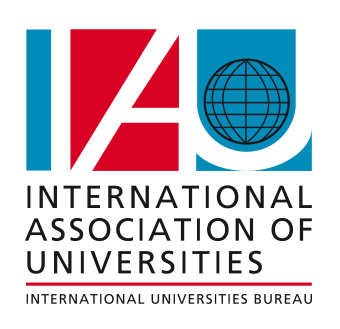Guidelines for Sustainability Education
Presentation
It is not the objective of these guidelines to provide solutions of universal validity, but they should primarily serve as a helping hand for higher education practice in higher education institutions, so that individual approaches can be developed based upon this. The goal of these guidelines should be to establish an institutionalized framework in response to the need for the incorporation of ’Sustainable Development’ in the context of the development of Bachelor and Master Courses.
Objectives
The COPERNICUS Guidelines provide strategic assistance on how to integrate sustainable development into the following areas:
- Integration of sustainable development into the degree structure (modules)
- Integration of sustainable development into the qualifications framework and learning outcomes
- Integration of sustainable development into quality assurance
- Improvement of the social dimension and the attractiveness of the European Higher Education Area by integration
- sustainable development
Main Activities
Overall aims of the COPERNICUS Guidelines are:
- supporting existing innovative approaches to elaborate modules on sustainable development for modularized study courses;
- improving the contribution of higher education institutions to sustainable development, in particular to creating equal standards of living;
- strengthening the role of higher education institutions in society based upon the principles of sustainable development and solidarity;
- improving the future compatibility and innovation potential of higher education institutions and
- making a long-term contribution to the UN Decade on Education for Sustainable Development.
Latest update: 31.10.2023


